Medical and socio-economic factors associated with the risk of suffering and recovering from persistent covid are identified
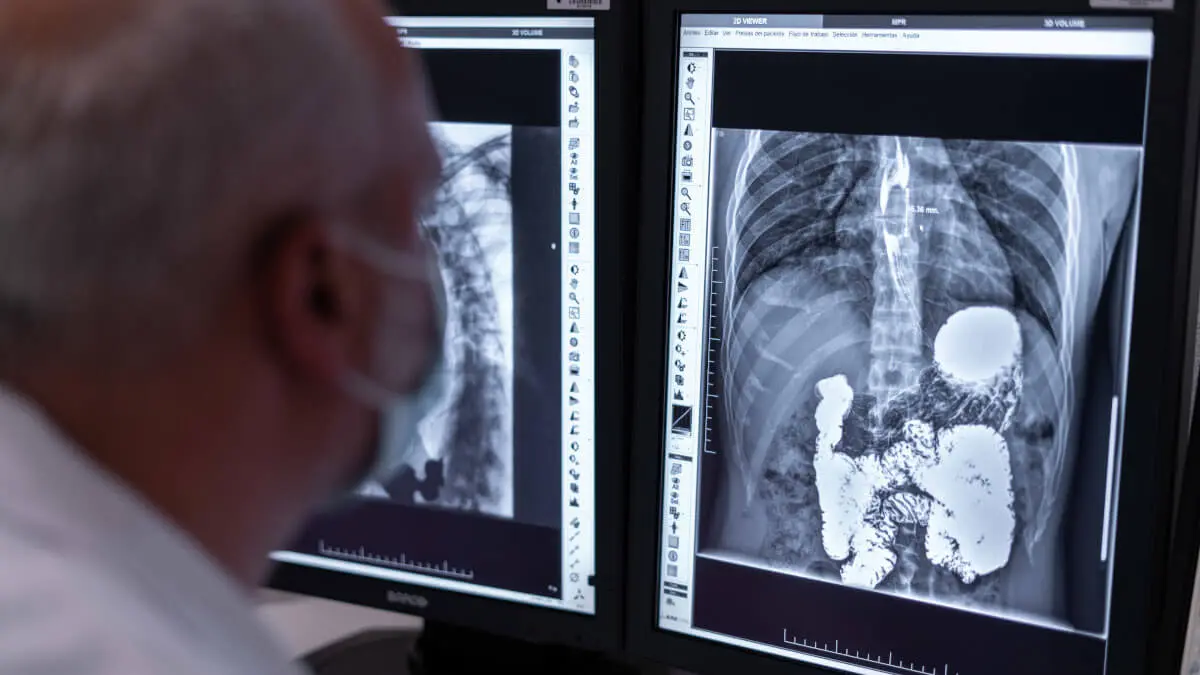
Thousands of people in Spain suffer from "Condition Post-COVID-19" or persistent covid, a disabling condition that is a major problem for sufferers as well as a major challenge for health systems. The follow-up of 548 COVID-19 sufferers has identified medical and socio-economic factors associated with the risk of developing and recovering from persistent covid, and found that recovery is rare during the first two years of the disease. The data highlight the importance of preparing health systems to have the capacity to respond to all people suffering from persistent covid.
This is the main conclusion of a study carried out by the Persistent Covid Unit of the Germans Trias Hospital, the Fight Against Infections Foundation and the IrsiCaixa AIDS Research Institute - a centre jointly promoted by the "la Caixa" Foundation and the Department of Health of the Generalitat de Catalunya. Studies such as this one, which is published today in the journal The Lancet Regional Health - Europe, are key to advancing our knowledge of a syndrome that is still little known, such as persistent covid.
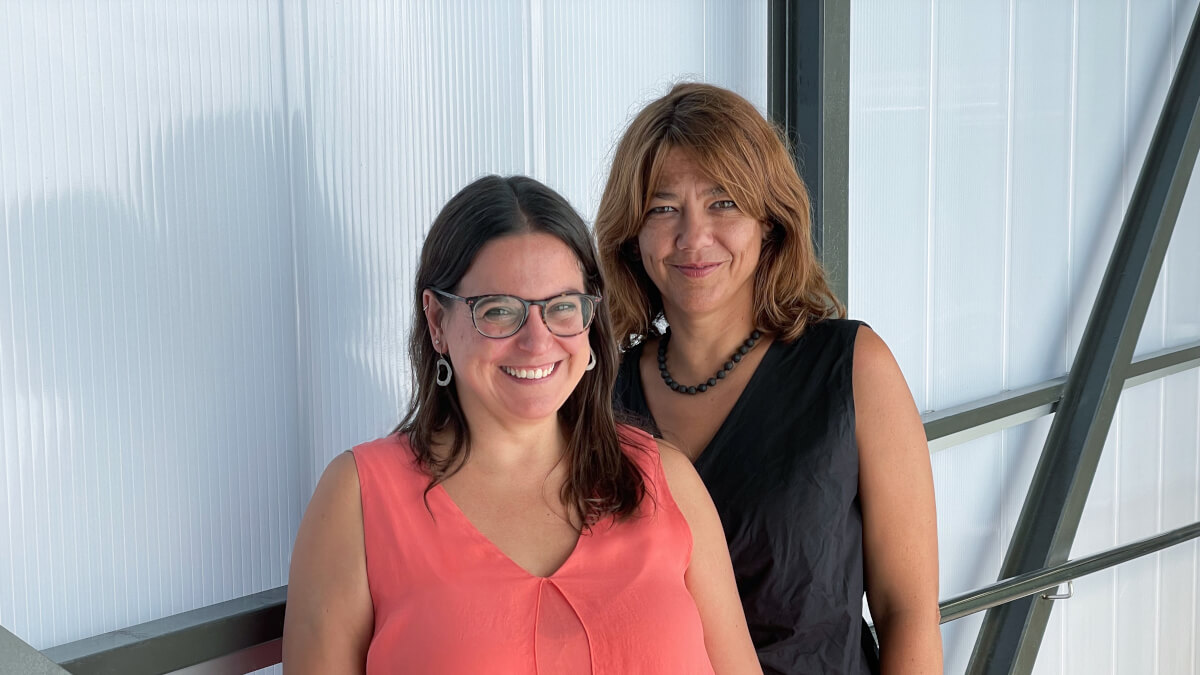
It is estimated that 5-10% of people who pass COVID-19 continue with a wide range of symptoms months after infection. "It is essential to define and understand this syndrome and its implications in order to identify prevention, diagnosis and treatment strategies to help those affected. With this objective, and in a pioneering way, we decided to carry out an exhaustive and prolonged follow-up of patients," explains Lourdes Mateu, coordinator of the Persistent Covid Unit at Germans Trias Hospital. Mateu points out that: "the large number and variety of organs and systems affected by persistent covid, as evidenced by multiple international studies, requires us to work in a multidisciplinary and coordinated way between hospitals and primary care. This is still a little known disease, but it is real and has a great impact on patients and society as a whole. It is necessary to combine empathetic clinical care of the highest human quality with rigorous research that allows us to find better diagnostic tools and effective treatments. It is essential to work in a network, listening to and actively involving those affected".
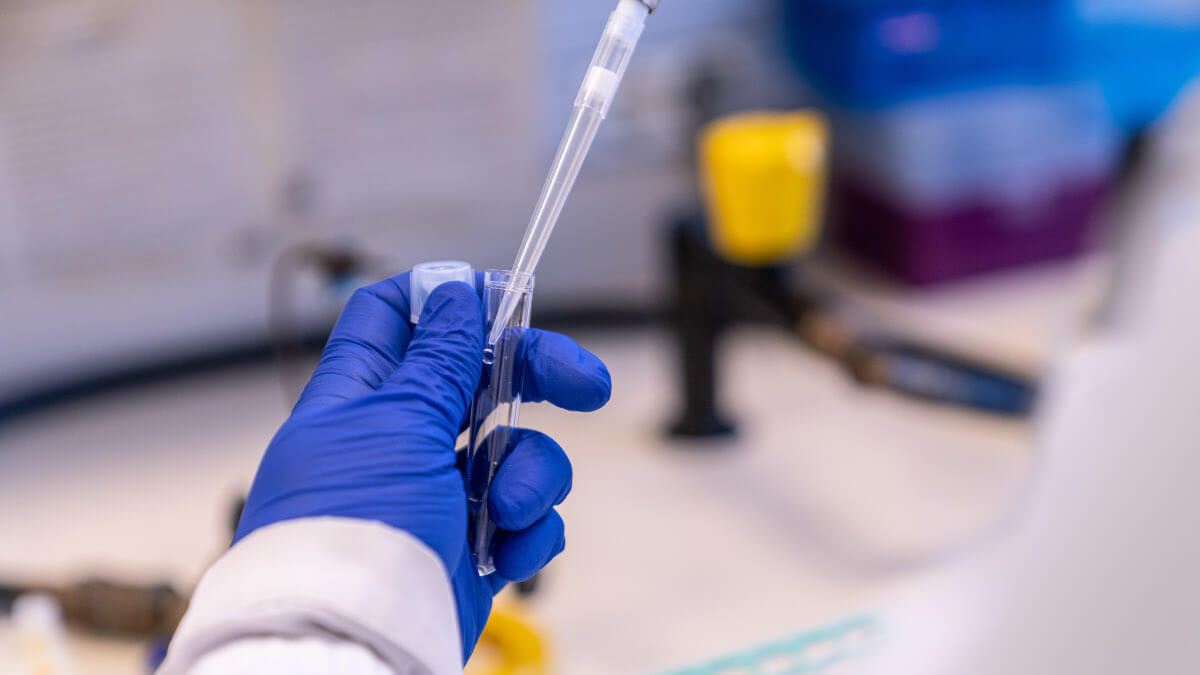
Women and people with co-morbidities, the most affected by persistent covid
The study cohort is made up of 548 people who underwent COVID-19 more than 2 years ago, of whom 207 fully recovered and 341 developed persistent covid. "This is one of the largest and longest follow-up studies of the clinical evolution of people with persistent covid carried out to date," says Marta Massanella, principal investigator at IrsiCaixa.
Thanks to the statistical analysis of these two groups of people, it has been possible to identify, on the one hand, that men with higher education are less likely to develop persistent covid. On the other hand, it has been found that women, people with a history of autoimmune diseases, or those with fatigue, tachycardia, choking or neurocognitive and neurosensitive alterations during acute COVID-19 have a higher risk of developing it and a lower probability of being cured over time. Along these lines, an independent study conducted in the United States and recently published in the journal Nature Medicine has shown, in a cohort of more than six million people, that persistent COVID can lead to a higher level of disability than heart disease or cancer.
Questionnaires were used to group patients into 3 groups according to their symptoms, results that are consistent with a previous study also carried out in the United States. These 3 groups are not mutually exclusive, but are differentiated by the accumulation of symptoms and are ordered from A to C, with A being the group with the fewest symptoms and C the most.
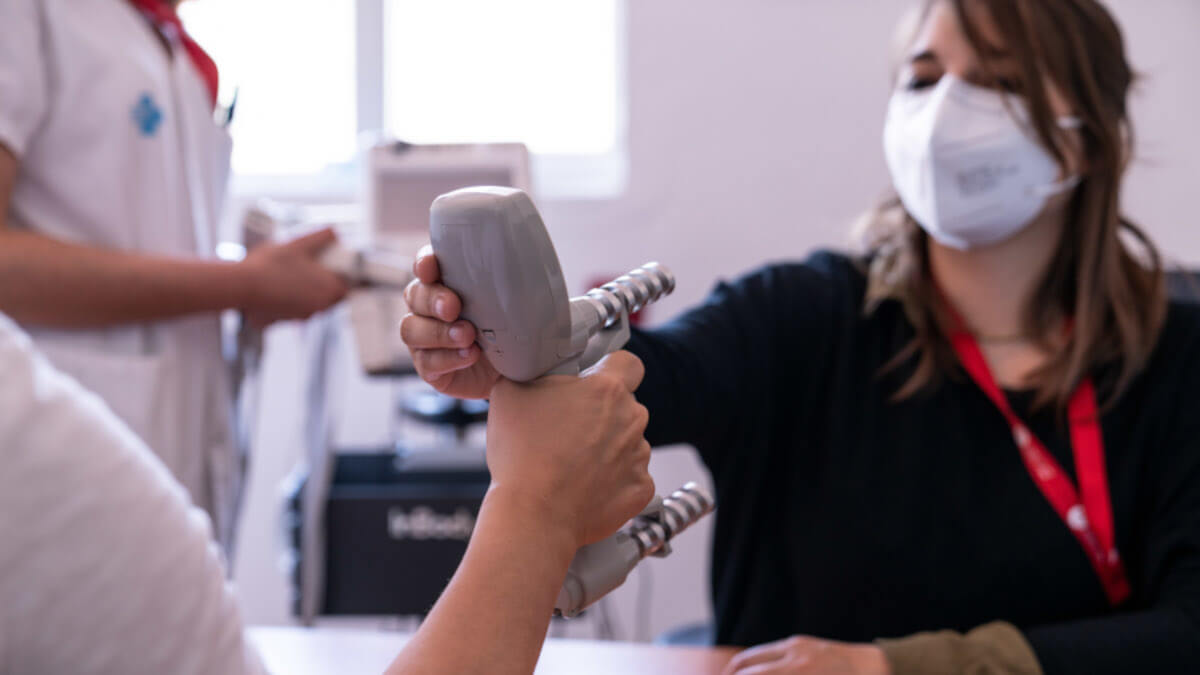
Unusual recovery
The study also highlights that, of all the people in the study with persistent covid, only 7.6% have recovered within the first 2 years of suffering from the syndrome. Of the 26 people who recovered, the majority (24) were in the least symptomatic group. Factors that may have been associated with a higher likelihood of recovery were male sex, people who had required admission to the ICU due to COVID-19 or who had cardiovascular comorbidities, lack of hunger and alterations in taste and smell. Muscle pain, decreased alertness, dyspnoea or tachycardia are symptoms associated with a lower likelihood of recovery.
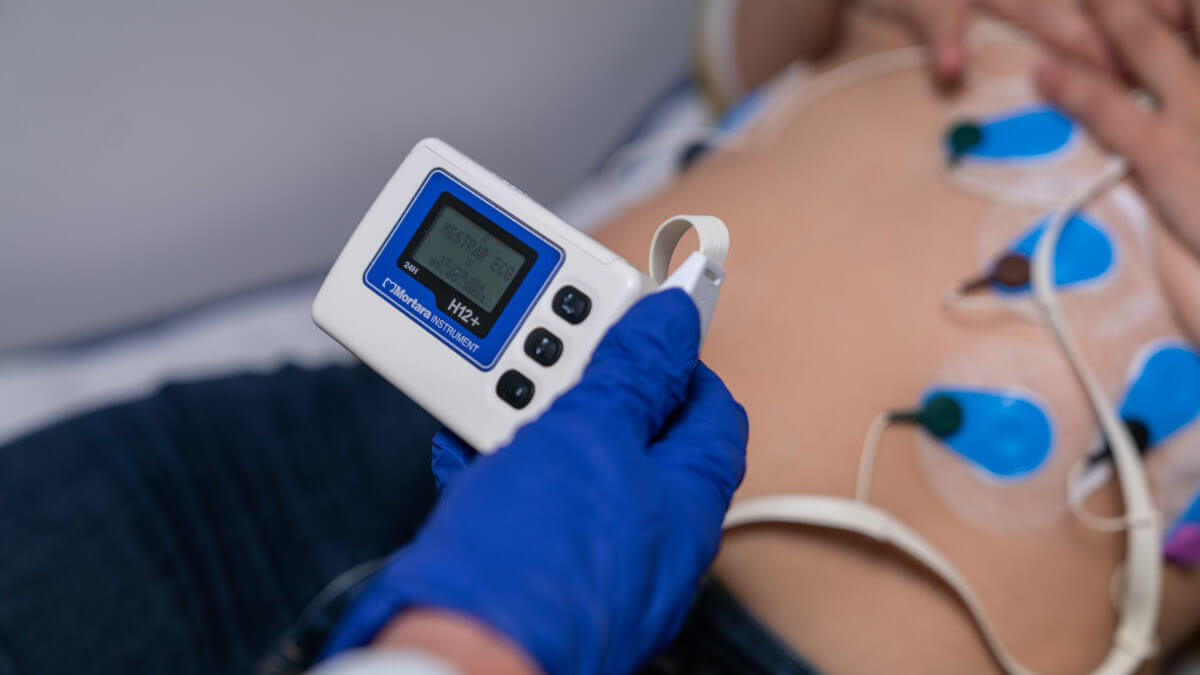
"The low cure rates of persistent covid indicate that as long as SARS-CoV-2 transmission continues, cases of people with this condition will continue to accumulate. European health systems, including ours, must address this problem and be prepared to absorb and manage the existing demand for a disease that is very real and continues to increase," adds Roger Paredes, head of the Infectious Diseases Department at Germans Trias Hospital and principal investigator at IrsiCaixa.
In short, studies such as this one allow a better understanding of the syndrome and are key to progress in the management of this new disease, against which the urgent need to find new diagnostic markers and therapies to improve its prevention and cure is evident.








